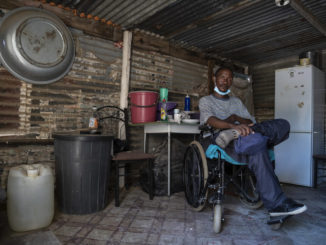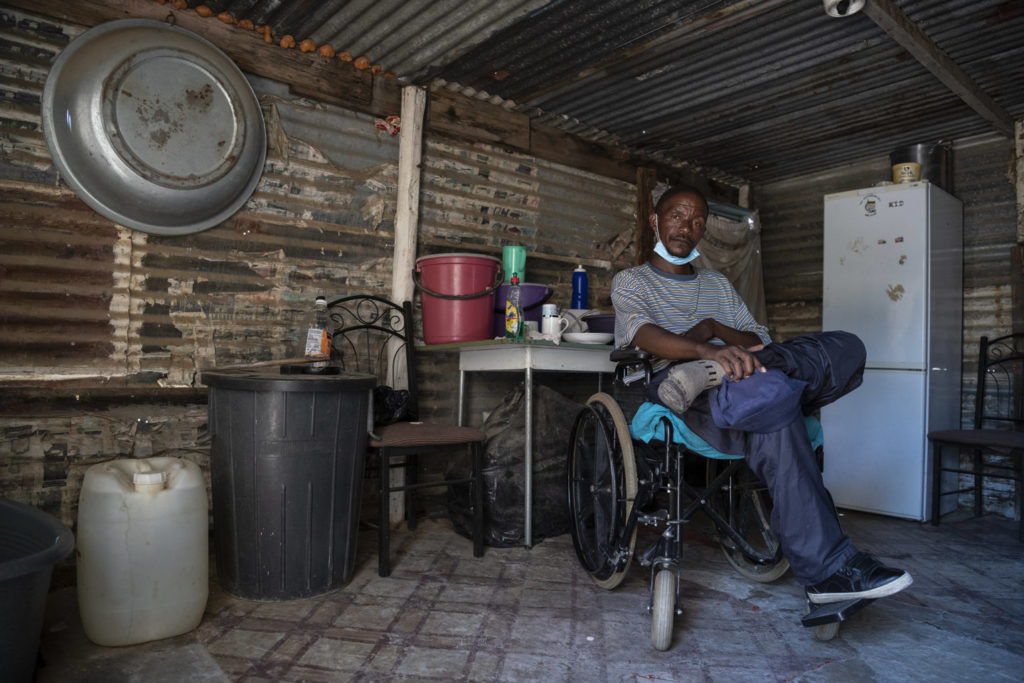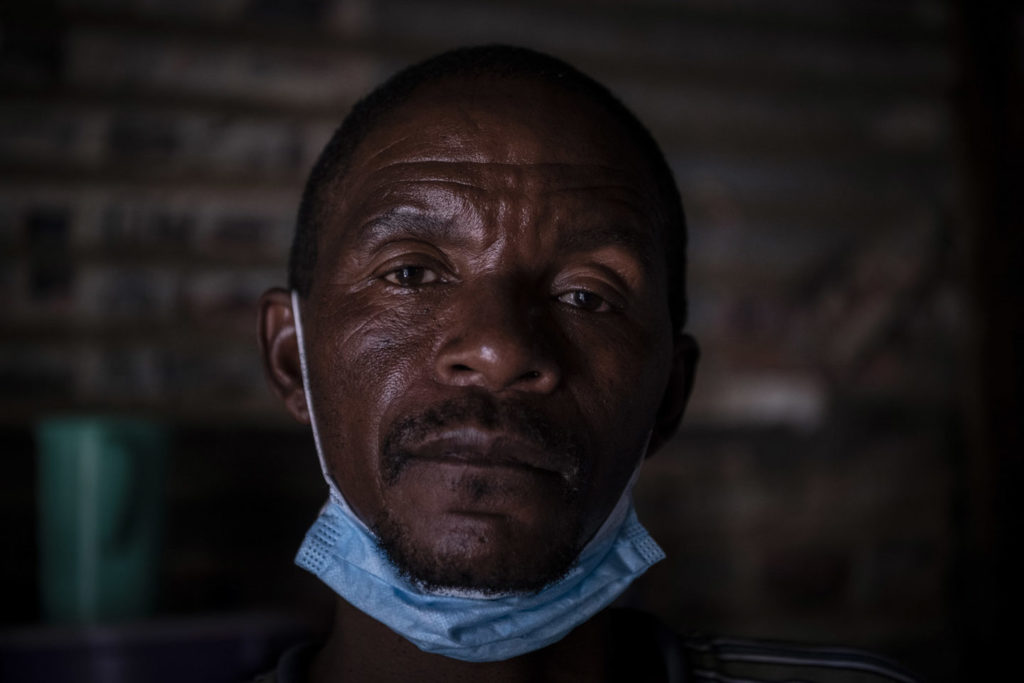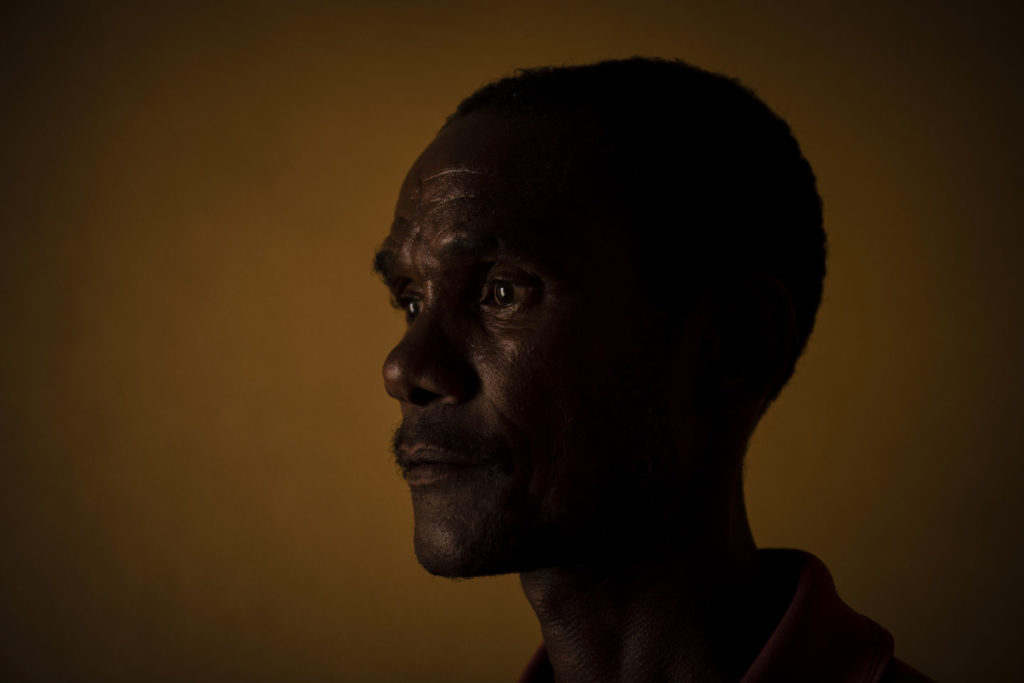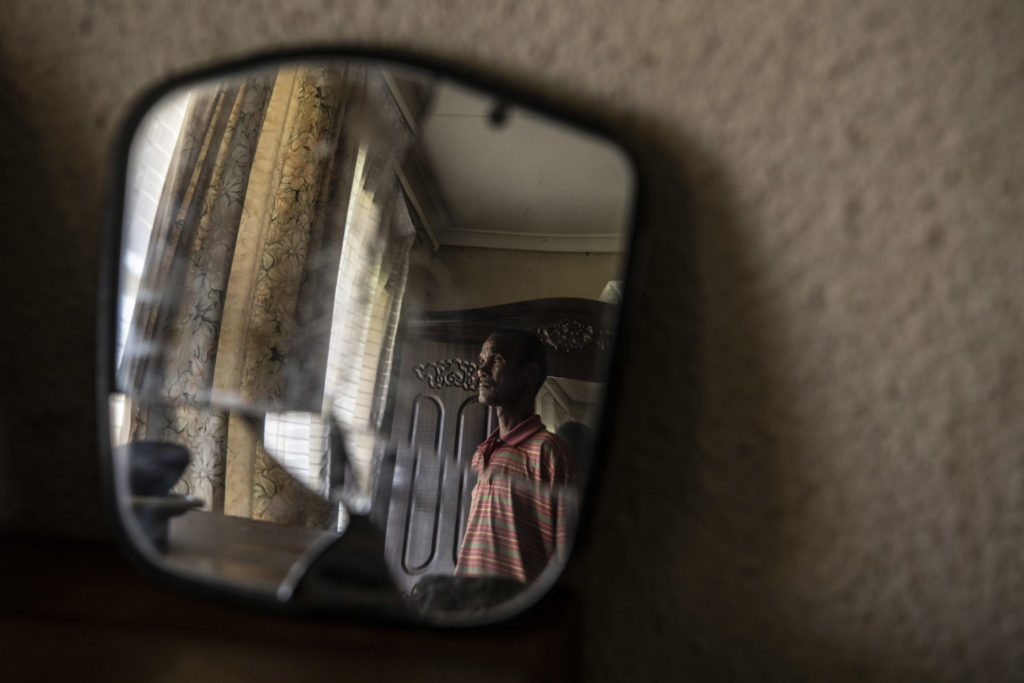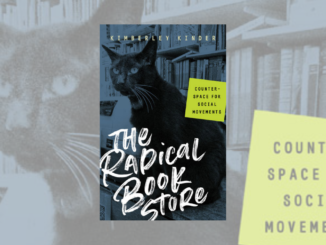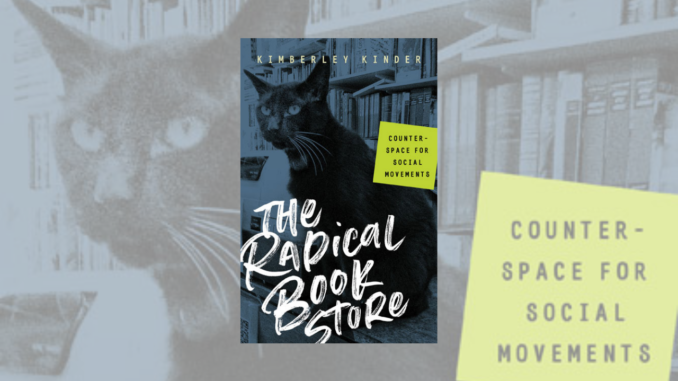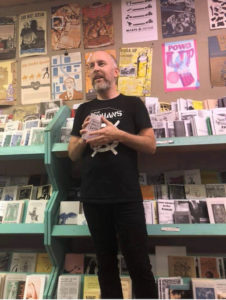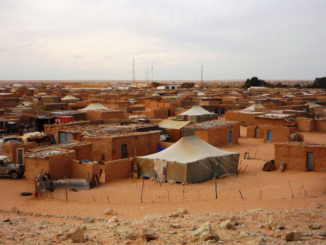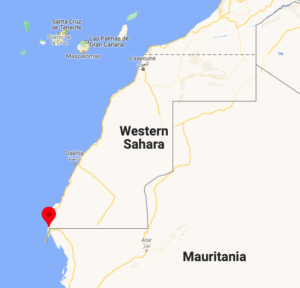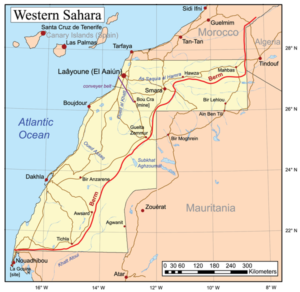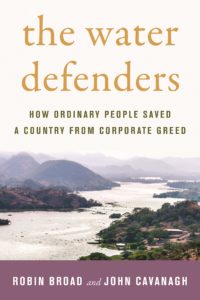 The Water Defenders: How Ordinary People Saved a Country from Corporate Greed by Robin Broad and John Cavanagh. Boston: Beacon Press; 2nd edition. March 23, 2021.
The Water Defenders: How Ordinary People Saved a Country from Corporate Greed by Robin Broad and John Cavanagh. Boston: Beacon Press; 2nd edition. March 23, 2021.
At a time when all caring people are seeking a new way forward out of a year of unimaginable death, destruction and rampant inequality, along comes a book that gives us hope that a better world may be possible. The book, recently published, is based on a struggle in a small section of a small country—El Salvador—beginning in 2002, when a group of “white men in suits” entered the province of Cabañas and tried to convince poor farmers that gold mining would be good for them. Their resistance, done at great peril and resulting in the assassinations of some of their leaders, ended up years later in a landmark case against corporate greed, garnering support from around the world. The basis of their success lies in the most fundamental of human needs: Water, for which left-right antagonisms fall apart once the deadly consequences of mining’s misuse of it—including causing cyanide poisoning—become patently clear.
Authors Robin Broad and John Cavanagh have brought us this amazing David versus Goliath story in their new book, The Water Defenders: How Ordinary People Saved A Country from Corporate Greed. Their first-hand accounts of working with front-line communities, both in El Salvador and in the United States. provide lessons along the way about how to fight an immensely powerful entity and win, whether the enemy be Big Gold, Big Oil or Big Pharma (to name a few). As they write in their introduction, “You may find yourselves surprised to find the relevance of the strategies of the water defenders in El Salvador, whether your focus is on a Walmart in Washington DC; a fracking company trying to expand in Texas or Pennsylvania, or petrochemical companies outside New Orleans.” By the end of the book, they added relevant struggles in countries like Bolivia, Venezuela, and Ecuador, as well as in South Africa, South Korea, and India.
In an interview with John Cavanagh, I asked if he and Broad had an inkling of the huge ramifications of their story right from the beginning, and his answer was decidedly no. In fact, when they first got involved, back in 2009, they never expected to win. They knew what they were up against and had no illusions. As they wrote about the ensuing years of twist-and-turn battles lost and won, the authors described a combination of events that made the water defenders’ decades-long struggle unusual… Yet now, with lessons learned, replicable.
Their involvement with the water defenders began in October 2009. That month, the Washington, D.C.-based Institute for Policy Studies (IPS), a progressive organization “dedicated to building a more equitable, ecologically sustainable, and peaceful society,” invited a group of Salvadorian water defenders to accept IPS’s annual Letelier Human Rights Award for their struggle against Pacific Rim (PacRim), a huge Canadian gold-mining company that sought permits in El Salvador. That year’s award was particularly poignant because one of the awardees, Marcelo Rivera, had been assassinated the month before. Five people still came to Washington, with Marcelo’s brother, Miguel, traveling in his place. Leading the delegation was a small-statured, seemingly nervous Vidalina Morales. But when she stepped up to the podium at the National Press Club and began her acceptance speech, her voice filled the room with a sense of urgency. She described the dangers of gold mining—for drinking water, for fishing and for agriculture. By the time she got to explaining the use of toxic cyanide in separating the gold from the rock, she had the audience—including the authors—mesmerized.
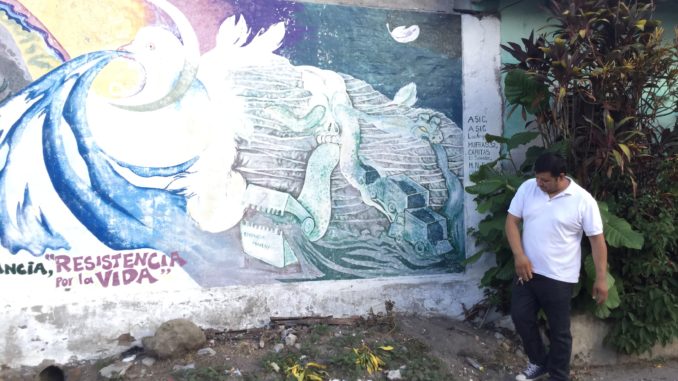
Another factor made this occasion different. Cavanagh, who is the director of IPS, explained that usually the awardees arrive in Washington to accept their awards and return home. But on this occasion, “They asked for our help. El Salvador had just been sued by PacRim in an international tribunal that argued that El Salvador had to allow it to mine gold or pay over $300 million in costs and ‘foregone profits.’ They also asked if we could help them with research on companies involved in gold mining.”
John had previously engaged with IPS in fighting against the North American Free Trade Agreement (NAFTA), and had become familiar with the tribunal and the rules set by the World Bank involved in regulating a global economy. Broad, for her part, had written her doctoral dissertation and first book on the World Bank, and she had worked on the bank at her job with the U.S. Treasury Department in the mid-1980s. But she was less familiar with the workings of the tribunal the World Bank had set up in 1964, “The International Center for Settlement of Investment Disputes (ICSID).” Its mission was to hear cases brought by foreign investors demanding compensation for lost profits from countries that tried to limit or regulate their activities. The couple figured they could be helpful.
“That’s how we were drawn in,” John explained, while emphasizing the extraordinary role local Salvadorans played in educating local communities about the dangers of landfills and then the dangers of gold mining. It was their groundbreaking work, often under dangerous conditions, that had earned them the Letelier award.
What happened next is a remarkable story of a growing North-South alliance that eventually went global, succeeding in two monumental victories: 1) a decision by ICSID in October 2016 that rejected PacRim’s claims for damages, while ordering the corporation to pay El Salvador $8 million in costs, and 2) the world’s first-ever comprehensive metals mining ban, brought by the El Salvador legislature in March 2019.
The Challenge
Up until 2016, Cavanagh explained, “we never thought we would win.” But that did not stop the momentum of coalition building, which had begun as early as 2005 by local village defenders, human rights advocates, farmers, lawyers, Catholic organizations and Oxfam America. They united to call themselves the National Roundtable on Metallic Mining, or La Mesa Frente a la Mineria Metálica—La Mesa for short. Their ultimate goal, beyond building resistance at the local level, “seemed like a pipe dream,” the authors wrote. That goal? “Getting the Salvadoran Congress to pass a new national law banning metal mining.”
Over the years, spurred on by their quest to find out who was responsible for Marcelo’s murder, the water defenders and their international allies yielded a treasure trove of insights on how to fight the Men in Suits, regardless of the outcome. Here are just a few lessons learned from their struggles described in the book:
-
- Listen to the horror stories coming from refugees, in this case, those fleeing Honduras. Marcelo; his brother, Miguel; and Vidalina made several trips to Honduras to learn more about the gold mines there. (Honduras had become a haven for Big Gold after the 2009 coup). They returned with “shocking stories of rivers poisoned by cyanide, of dying fish and skin disease, of displaced communities, denuded forests, and corruption and conflict catalyzed by mining company payoffs.” Those trips, the authors write, made a huge impression on the water defenders and “crystallized their thinking… They were vigilant researchers, thirsty to know more.”
- Seek out unexpected allies. One was Luis Parada, a Salvadoran government lawyer with a military background. As it turned out, he was a disciple of Sun Tsu, a Chinese military strategist from 2,500 years ago, who had written The Art of War. Among the lessons Parada (and Sun Tsu) imparted: “Know thy adversaries”—be one step ahead of them, and also know your possible allies. “Befriend a distant state while attacking a neighbor.” Luis also offered valuable practical advice, including the fact that the Sheraton Hotel in the capital, with its bar and pool, “offered some of the best intelligence in El Salvador.” Another unexpected ally was the ultra-conservative Archbishop Saenz Lacalle, a member of the right wing Opus Dei. “All it had taken was the word cyanide,” the authors explain, to cause him to oppose mining. His replacement in 2008, Archbishop Escobar, followed suit. He was “hardly an activist cleric,” but he “had long-held unexpected and firm views on mining,” and in his inaugural messages called on the government to reject mining operations in El Salvador. Getting the Catholic Church behind the water defenders was crucial. The martyrdom of Archbishop Oscar Romero, “whose photo is omnipresent throughout the country,” was no doubt a factor for widespread community support behind the water defenders, as was the encyclical put out by Pope Francis urging priests to take to the streets to defend the environment. Yet another surprise endorsement came from a member of one of El Salvador’s richest families and a leader of the right-wing ARENA party, which dominated the legislature. It turned out that John Wright Sol had a passion for the environment. Also noteworthy: His family’s vast sugar plantations consumed a lot of water. As he studied the impact of mining on water, he reached out to fellow members of ARENA. “I didn’t want to turn this into mining companies are the devil,” he advised. Instead, he chose to emphasize that “every citizen in the country must have access to clear water.”
- Be wary of corporate PR campaigns. PacRim put out a report emphasizing that a whopping 36,000 jobs would be created from its mining operations, a vastly inflated claim. In radio interviews, PacRim aimed separate messages to the ARENA party and to the left-wing FMLN party, in which it claimed revenues would fund social agendas. Trips abroad arranged by PacRim often resulted in swaying politicians, whether on the left or right, to support their corporate agenda.
- No matter how big, corporations can make mistakes. OceanaGold, a Canadian-Australian mining company which took over PacRim in 2014, had put on a brave face after the ICSID ruled against PacRim, acting as though it had won, and refusing to cough up the $8 million the company owed El Salvador. Yet it made a fatal error by choosing its mining operations in The Philippines as an example of its environmentally pristine practices. Broad knew otherwise, and along with other international allies had cultivated a professional relationship with the governor of the Philippine province where OceanaGold had its mine. Governor Carlos Padilla arrived in El Salvador on the eve of the crucial legislative vote on the mining bill and presented a “before and after” slideshow to the Environmental Committee. He pictured a lush landscape before the mining, contrasted with images of waste-filled “tailings ponds,” dead trees, dried-up springs and rivers, dead fish on river banks, and, as he explained, “No access to water for drinking or for irrigation.” He ended with an appeal to future generations. “Grandpa,” he imagined them asking. “Why did you allow mining?”
His presentation was “sort of a clincher,” Cavanagh told me. “It raised the level of indignation.” The legislative vote followed soon afterwards, on March 29, 2019. The results were stunning, with 69 votes tallied against OceanaGold, zero nays and zero abstentions. Shouts of Sí, Se Puede!—“Yes we can!”—erupted from the floor, as members of La Mesa waved banners that read, “No a la Minería, Sí a la Vida”—No to Mining. Yes to Life!
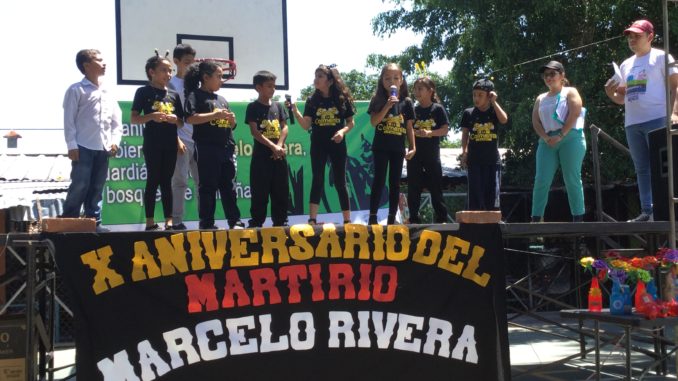
Today, the water defenders remain cautiously optimistic, though constantly on guard. In the past, mining corporations have been able to convince even leftist governments that mining is good for the economy. Cavanagh speculates mayors of small towns, pressured to provide jobs, may have been behind the assassination of Marcelo Rivera and other water defenders.
But to date, Marcelo’s killers have never been identified. On an equally sobering note, he and Broad remind us in the book that “over 1,700 environmental defenders had been killed across 50 countries between 2002 and 2018.”
I asked John for an update since finishing his book in mid-2020. Nayib Bukele, El Salvador’s “new Trump-like president,” he wrote, “hasn’t raised mining, and it doesn’t look like he is personally interested. He knows the public opinion polls that showed that the overwhelming majority of Salvadorans are opposed to mining.”
However, he added, “We remain worried. El Salvador, like all developing countries, is suffering economically after the pandemic, and other countries have increased mining to get more revenues. So, La Mesa remains vigilant against any actions that could indicate that the government wants to mine.”
We can only hope that water defenders around the world will strengthen their alliances. Fortunately, they now have a handbook that will help them in their journey of resistance.
Charlotte Dennett is the co-author with Gerard Colby of Thy Will be Done. The Conquest of the Amazon: Nelson Rockefeller and Evangelism in the Age of Oil. Her new book is The Crash of Flight 3804: A Lost Spy, A Daughter’s Quest, and the Deadly Politics of the Great Game for Oil.

